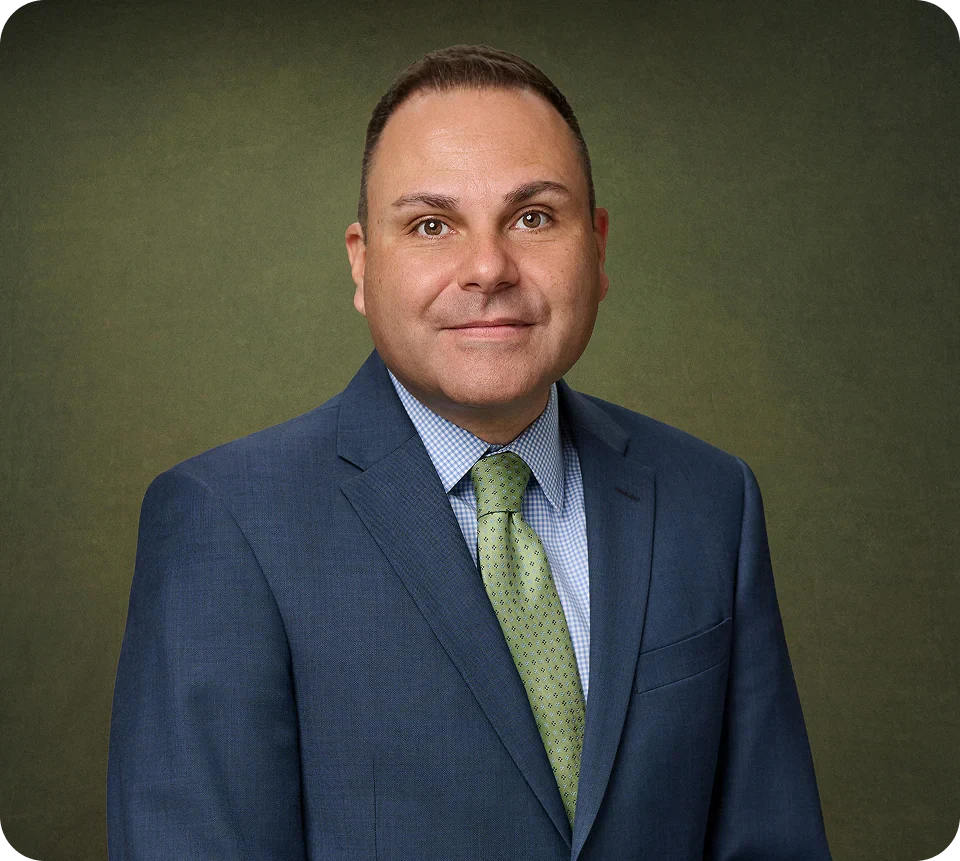Skilled lawyers assist distressed businesses in the West Chester area
If your corporation, partnership or sole proprietorship in the West Chester area or Pennsylvania is struggling with substantial debt, Wetzel Gagliardi Fetter & Lavin LLC can help guide you through the Chapter 11 bankruptcy process to keep your business viable while you develop fresh strategies for future growth. Often referred to as “reorganization bankruptcy,” Chapter 11 permits your business to operate while you pay creditors part of what you owe under a court-ordered payment plan. Our experienced attorneys can help you file Chapter 11 quickly and efficiently. Once your business has filed for bankruptcy, creditors must immediately stop collections efforts, including harassing letters and phone calls.
Proven advisers guide business clients through the Chapter 11 bankruptcy process
A Chapter 11 bankruptcy case can take anywhere from a few months to two years to resolve. During that time, owners continue to operate the business as “debtors in possession,” unless the court detects fraud, dishonesty, incompetence, and gross mismanagement that necessitates the appointment of a trustee.
The bankruptcy court or the trustee makes major decisions for the debtor while the business remains in bankruptcy. Such matters might include:
- Sale of assets, except for items of inventory
- Entering into or breaking a lease for property or equipment
- Mortgages or other secured financing arrangements for borrowing during the bankruptcy
- Discontinuing or expanding operations
- Modifying union, vendor, licensing, and other contracts
- Fees and expenses to attorneys and other professionals
After filing, the debtor enjoys an exclusivity period, which the court can extend or shorten, during which only the debtor can propose a restructuring plan for addressing the debt. When the exclusivity period expires, the creditor committee can propose a competing plan. Creditors generally look to secure a greater guarantee of repayment than the debtor is offering, and may request a liquidation of assets and a downsizing of operations to get a higher initial payment on the debt. Although creditors have a voice in approving or rejecting a Chapter 11 plan, the court has the final say and decides to confirm a plan based on requirements that include:
- Feasibility
- Good faith
- Best interests of the creditors
- Fairness and equity
Confirmation of the reorganization plan discharges your business debts that were acquired prior to the plan’s confirmation. Your business is bound by the terms of the reorganization plan, which forms new contractual terms that supersede all contracts entered into prior to your bankruptcy discharge.
Since the future success of your business depends greatly on the quality of your Chapter 11 plan, you should seek reliable advice from an experienced business bankruptcy attorney.
Knowledgeable lawyers help sole proprietors and partners protect their personal assets
The owner of a sole proprietorship does not have an identity separate from the business, so the bankruptcy court does not distinguish between the business’s assets and the owner’s personal assets. The filing of Chapter 11 bankruptcy places the owner’s assets at risk. Wetzel Gagliardi Fetter & Lavin LLC can develop successful strategies to protect your personal assets from your business’s creditors while putting your business in the best possible position to succeed going forward.
The owners of a corporation filing Chapter 11 do not risk their personal assets except for their investments in the corporation. However, certain partners might find their personal assets at risk. We work for resolutions that advance the business’s best interests while protecting corporate stockholders or partners of the business.
Contact an experienced Pennsylvania bankruptcy attorney for your Chapter 11 filing
Wetzel Gagliardi Fetter & Lavin LLC assists with Chapter 11 business bankruptcies throughout Pennsylvania. Call 484-887-0779 or contact us online to schedule your consultation at our West Chester office.
Chapter 11 Bankruptcy FAQ
Chapter 11 is used primarily by incorporated businesses. Although chapter 11 bankruptcy is intended for businesses to reorganize their debts, individuals may be eligible to file as well.
In addition to ordinary Chapter 11 bankruptcy cases, the Bankruptcy Code recognizes two special categories for filing: small business cases and Subchapter V cases.
In order to file as a small business, you must have $3,024,725 or less in secured and unsecured debt. Unsecured debt would be any debt that is not secured by collateral (i.e., credit card debt), while secured debt is backed up by collateral (i.e., a house or car). Additionally, at least half of your debt must be attributed to commercial or business ventures.
If you file as a subchapter V case, you must have a maximum of $7.5 million in secured and unsecured debt, of which 50 percent of the debt is due to commercial or business ventures. In filing either a small business case or subchapter V case, you will enjoy a streamlined court process.
To file for Chapter 11 bankruptcy, the debtor may file a voluntary petition, or a creditor may file an involuntary petition.
In an involuntary petition, the court will appoint a trustee or examiner to manage your finances. Essentially, a Chapter 11 trustee serves the role of ensuring that the debtor makes payments on time and does not grossly mismanage funds. However, you will still be able to operate your business, but the trustee will oversee your day-to-day operations.
During a Chapter 11 bankruptcy, you are still permitted to run your business. Nonetheless, you must receive court approval to open credit cards or any type of new debt.
A voluntary petition must include the following information:
- The debtor’s name(s)
- Debtor’s social security number or tax identification number (TIN)
- Residence
- Location of principal assets (if filing as a business)
- Debt repayment plan or intention to file a plan
- Request for relief under Chapter 11 Additional forms that will be required will include:
- A schedule of assets and liabilities
- A schedule of current income and expenditures
- A schedule of executory contracts and current leases
- A financial statement
If you owe back taxes, even if you are entitled to a refund, some of the funds may be used to pay off your tax debt. Be aware that while some tax debt cannot be cleared, some taxes may be dischargeable. For instance, income taxes that were due three or more years ago will be discharged. It is important to work with a certified public accountant (CPA) or enrolled agent (EA) to learn which of your tax debts can be forgiven.
There is no limit to how many times you can file for Chapter 11 bankruptcy. However, if you filed for bankruptcy 180 days prior and your petition was dismissed due to your unwillingness to follow court orders or to appear in court, then you will be ineligible to file for Chapter 11 bankruptcy (or any type of bankruptcy, for that matter).
Practice Areas
Business Law Civil Litigation Elder Law Estate and Trust Administration Orphans' Court Real Estate Law

